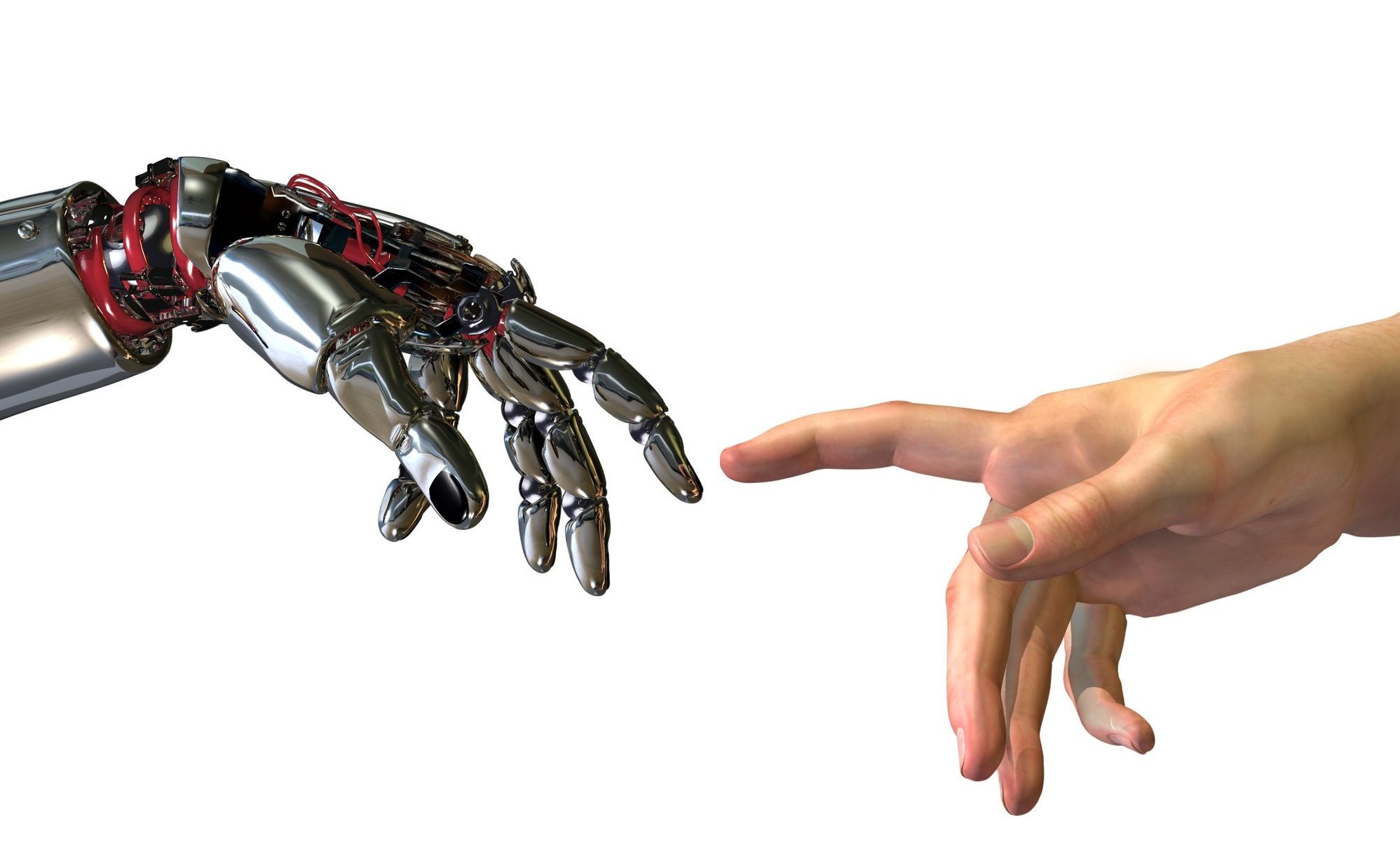Author
Mohammad Obaid
Abstract
Including children in the design of educational technologies that they use daily is essential and their involvement is important. However, it is unclear how this involvement should take place when designing a robotic assistant in a classroom environment. In this talk, I will present our approach to involving children in the development of a robotic assistant in a classroom environment. I will first describe the development of a robot design toolkit (Robo2Box) aimed at involving children in the design of classroom robots. Then, I will report on some of the studies we conducted to understand and evaluate our approach using the toolkit. Thereafter, I will outline some of the challenges and lessons learned from our approach to eliciting children’s requirements using the Robo2Box toolkit. Finally, I will conclude with possible design implications and future directions.
Bio

Dr Mohammad Obaid is a Lecturer at the UNSW Art and Design, University of New South Wales, Sydney, Australia. Dr. Obaid received his BSc., MSc. (First Class Honors) and Ph.D. degrees in Computer Science from the University of Canterbury, Christchurch, New Zealand, in 2004, 2007 and 2011, respectively. In April 2018, he received his Docent degree (Associate Prof. rank) from Uppsala University (Sweden). He worked at several international research centers including the Human Centered Multimedia Lab (HCM Lab), University of Augsburg (Germany), the Human Interface Technology Lab New Zealand (HITLab NZ), University of Canterbury (New Zealand), the t2i Lab, Chalmers University of Technology (Sweden), and the Social Robotics Lab, Department of Information Technology, Uppsala University (Sweden). Dr. Obaid is one of the founders of the Applied Robotics Group at the Interaction Design Division at Chalmers University of Technology (established in 2015). He is the (co-)author of over 60 publications within the areas of his research interests on Human-Robot Interaction and Human-Computer Interaction. In recent years, he has served in organizing committees and program committees of main HCI/HRI related conferences such as CHI, HRI, HAI, VRST, and NordiCHI.
